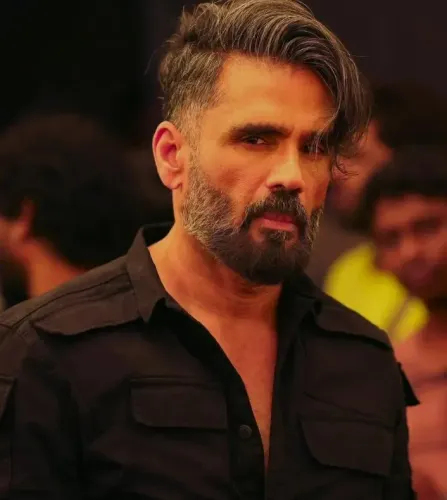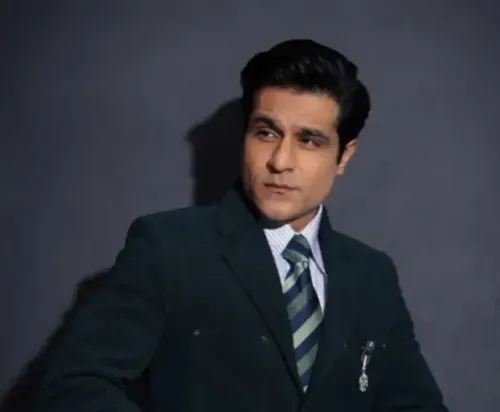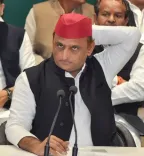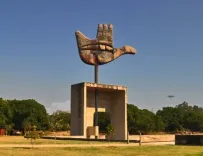Did Faruk Kabir Skip Mukesh Rishi’s Look Test for ‘Salakaar’?

Synopsis
Key Takeaways
- Director Faruk Kabir confidently cast Mukesh Rishi without a look test.
- ‘Salakaar’ is set against the backdrop of nuclear tensions.
- Mukesh Rishi plays a significant historical figure, Zia-ul-Haq.
- The series alternates between the 1970s and 2025.
- Zia-ul-Haq's actions have lasting impacts on India-Pakistan relations.
Mumbai, Aug 9 (NationPress) Director Faruk Kabir, whose latest streaming series ‘Salakaar’ has been released, revealed that he did not conduct a look test for actor Mukesh Rishi prior to casting him as the villain.
‘Salakaar’ is a historical spy drama-thriller that shifts between two timelines, the 1970s and 2025. The narrative revolves around an Indian spy monitoring the nuclear weapon advancements in India’s adversary, Pakistan.
Mukesh Rishi portrays Muhammad Zia-ul-Haq, the Pakistani leader who intensified his nation’s atomic bomb initiative.
In an interview with IANS, Faruk expressed his unwavering confidence in casting Mukesh Rishi for the role of Zia, emphasizing how well he suited the character.
Faruk stated, “I want to clarify two points regarding Mukesh sir's casting: we did not conduct a look test because I was certain he was the right choice for Zia. We made our decision without any preliminary tests. The look test was done only after finalizing him and completing the paperwork.”
“Furthermore, we even requested a special mojadi for Mukesh sir. This mojadi made a chirping sound with his steps, adding to the atmosphere on set,” he added.
Zia-ul-Haq represents the foundation of many of India’s challenges. He was the second Pakistani dictator following General Ayub Khan. He carried out Zulfikar Ali Bhutto’s strategy to “Bleed India by a thousand cuts,” which initiated a prolonged conflict against India for Pakistan’s benefit.
Subsequently, Zia orchestrated the framing of Zulfikar Ali Bhutto in a case that led to his death penalty being sanctioned by handpicked judges.
His political maneuvers significantly contribute to the present geopolitical tensions in southeast Asia. He implemented industrialization and deregulation that greatly enhanced Pakistan's economy. In 1979, amid the Soviet invasion of Afghanistan, Zia adopted an anti-Soviet position and supported the Afghan mujahideen, strengthening ties with China and the United States.









